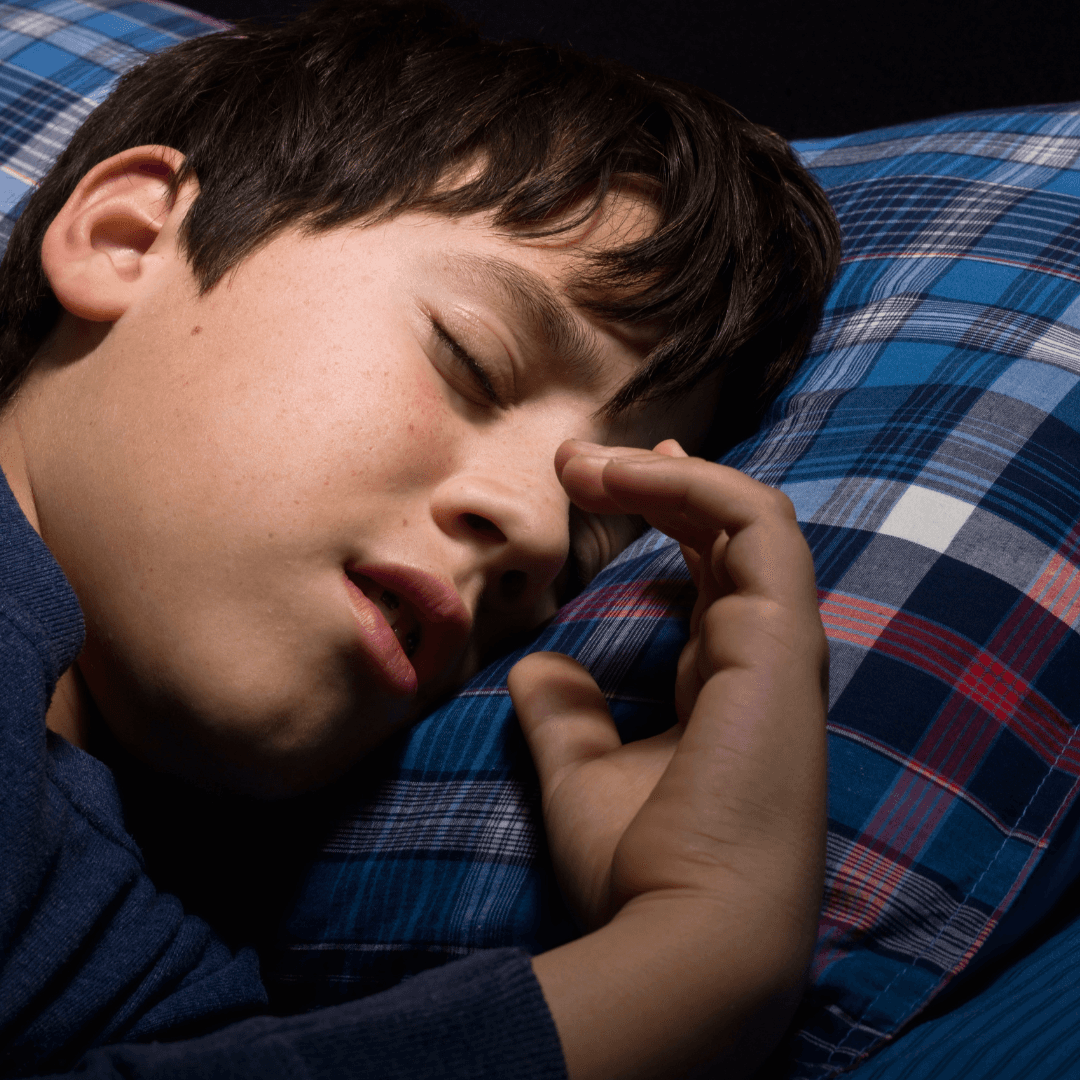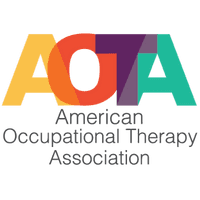Improving Sleep in Children with ADHD: Magnesium, Melatonin, and More
Lily Baiser, MS, OTR/L

As a pediatric occupational therapist and child development expert, I’ve supported many families whose children with ADHD struggle to sleep—and I’ve been there as a parent, too.
Sleep issues in neurodivergent kids, particularly those with ADHD, aren’t just frustrating—they affect everything. From focus and regulation to emotional well-being and daily routines, the impact of sleep is profound. In this blog, we’ll explore practical solutions to help your child get better rest—starting tonight.
Why Sleep Is So Important for Kids with ADHD
Sleep fuels development. But for kids with ADHD, whose brains often run in "go-go-go" mode, winding down and staying asleep can be incredibly hard. Their nervous systems can stay stuck in a state of hyperarousal, which not only disrupts bedtime but also leads to increased daytime dysregulation, impulsivity, and emotional challenges.
That’s why sleep support for these kids is not just about getting rest—it’s a key piece of their regulation and development puzzle.
Natural Sleep Supports: Magnesium, Melatonin, and More
Many families explore over-the-counter options like magnesium, melatonin, or calming gummies with ingredients like ashwagandha. These can help, especially with falling asleep.
Magnesium is known to promote relaxation and calm the nervous system.
Melatonin can help regulate sleep cycles—but should always be used thoughtfully. Many kids respond better to smaller doses (0.5–1mg) taken 30–60 minutes before bed.
💡 Always consult with your pediatrician before starting any supplement.
How Occupational Therapy Helps with Sleep
Occupational therapy (OT) addresses the root causes behind sleep challenges by focusing on how the child’s body, brain, and environment interact. For kids with ADHD, this means creating personalized strategies to help them wind down and stay regulated at night.
Here’s how OT can help:
1. Sensory Regulation
Children with ADHD often benefit from deep pressure or proprioceptive input to calm their bodies before bed. An OT might recommend:
Weighted blankets or compression sheets
Slow rocking or swinging
Animal walks or wall pushes
Calming breathing routines
These inputs help cue the nervous system that it’s safe to rest.
2. Routine Design & Visual Supports
OTs can create structured, predictable bedtime routines that reduce resistance and support transitions. This may include:
Visual schedules
Calming pre-bed activities (e.g., drawing, bath time, reading)
Quiet, dim-lit environments with soft music or noise-canceling headphones
3. Environment & Behavior Observation
In-person or virtual OT sessions help therapists observe bedtime routines in real life and make practical tweaks that stick. Sometimes it's as simple as adjusting the order of tasks or switching the location of a calming activity.
The Role of Bedtime Routines
Bedtime routines are a powerful way to anchor a child’s nervous system. A good routine includes 3 key components:
Sensory Input – Deep pressure, swinging, warm bath
Connection – Snuggle time, story, “worry talk”
Predictability – Same order every night with visual cues
When kids know what to expect, their bodies can relax and begin the sleep process more easily.
But What About Medication?
Medication—especially stimulants or sleep aids—can be incredibly helpful for some children. It may help with sleep onset, focus, and emotional regulation. However, medication alone won’t build the daily routines, sensory regulation, or co-regulation strategies that kids also need to thrive.
Think of medication as one tool in the toolbox—not the entire toolkit.
Final Thoughts: This Isn’t a Limitation—It’s a Starting Point
Sleep issues in kids with ADHD aren’t your fault, and your child doesn’t need to be “fixed.” What they need is support that’s designed for how their brain and body work.
As an OT, I’ve seen how small changes—combined with deep understanding and consistent support—can lead to better nights, calmer mornings, and happier families.
Ready for better sleep—and better days?
At Kinspire Health, we offer family-centered occupational therapy designed to fit your real life. Our Super OTs can help you build a personalized sleep plan, support regulation, and coach you through the tough moments—every day, not just once a week.
💬 Let’s build your child’s bedtime success together. Book your free consult today.
You don’t have to figure this out alone. We're in your corner.




